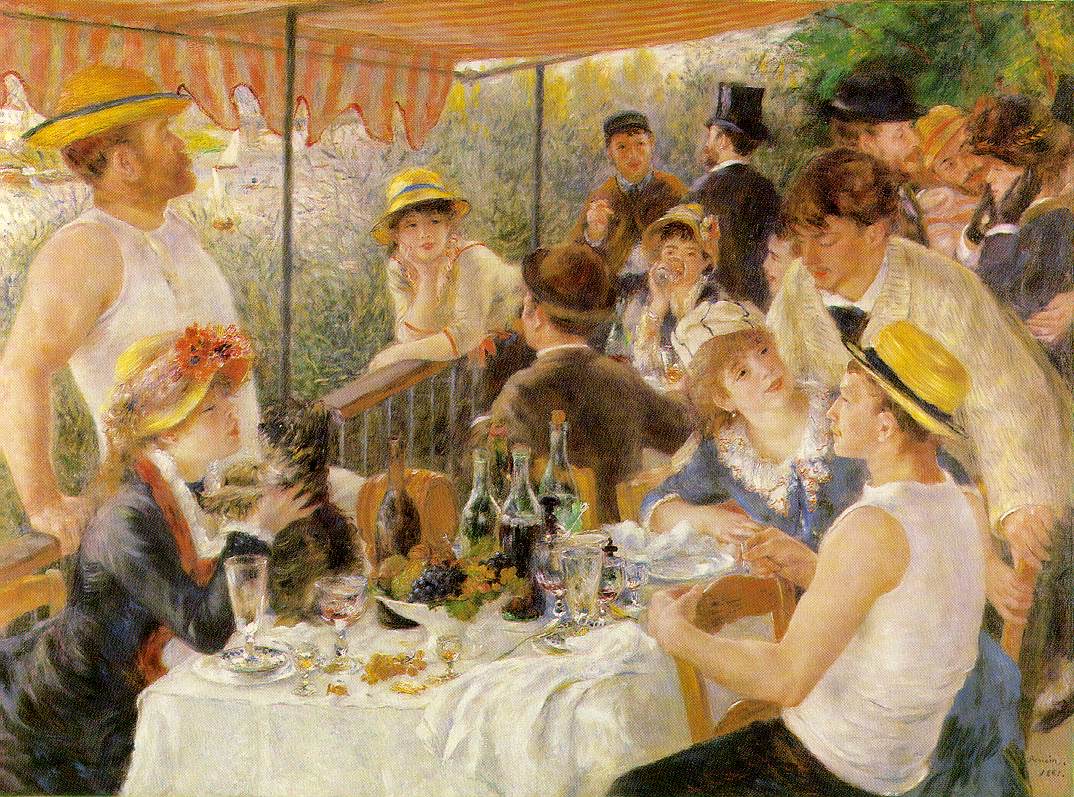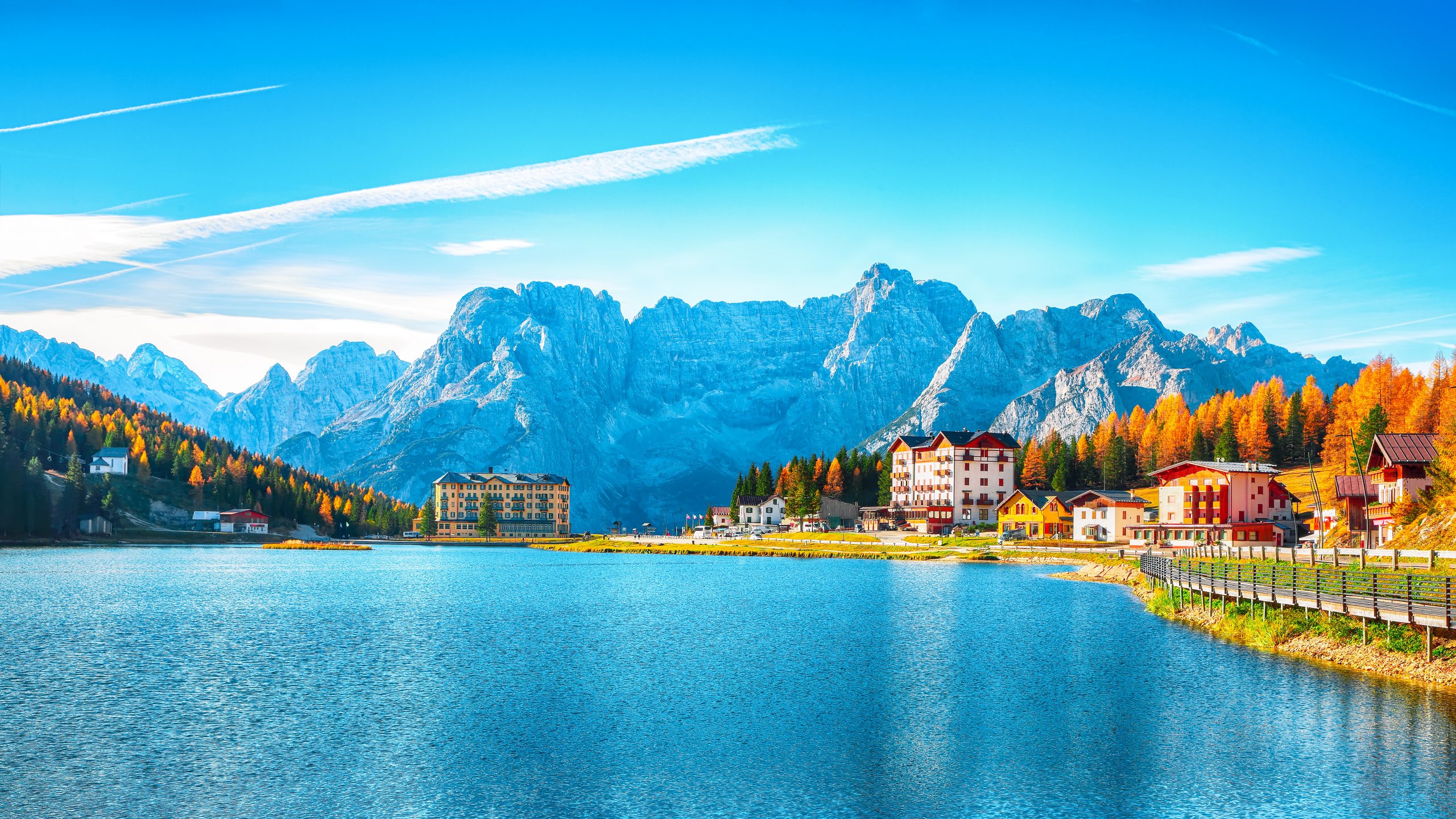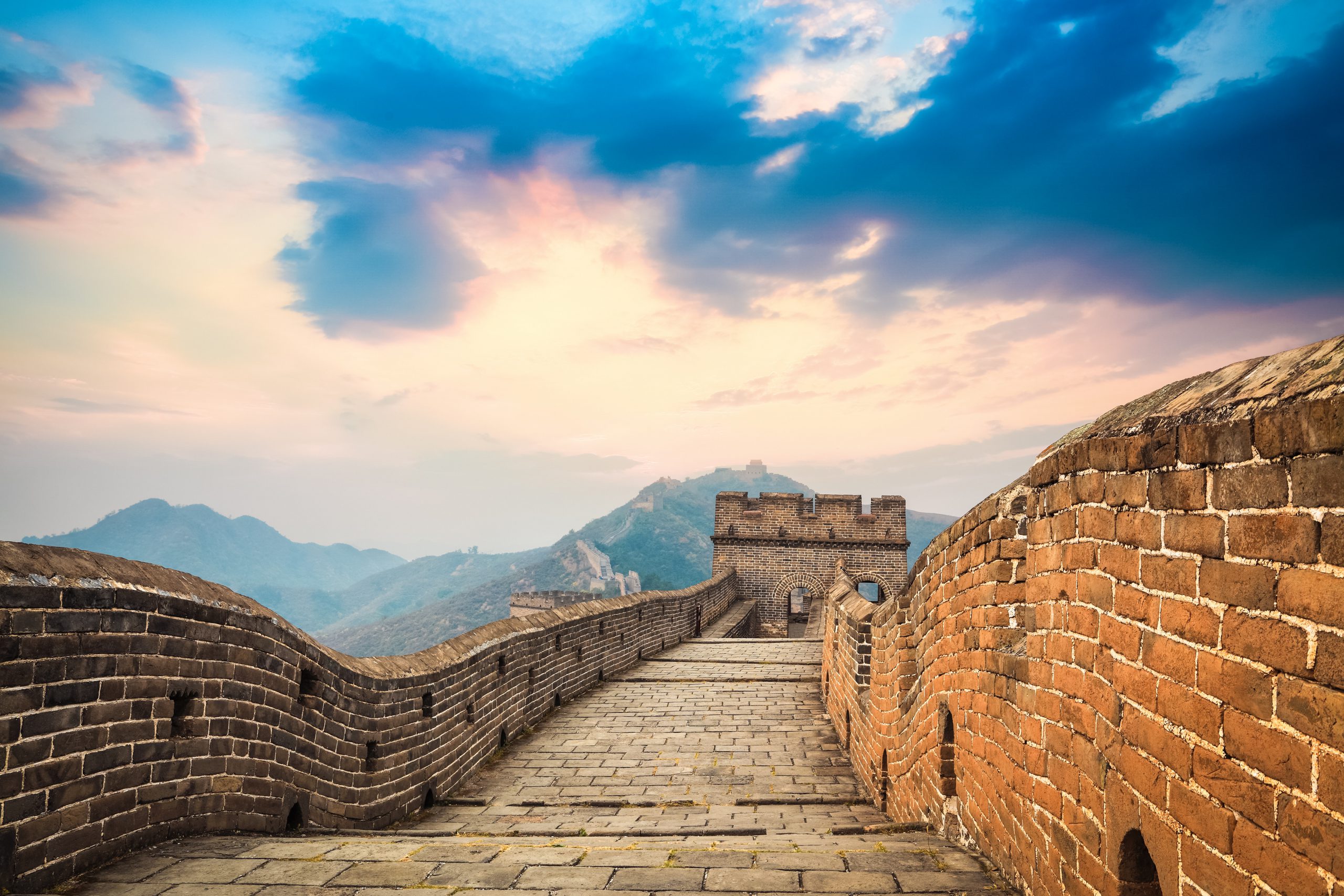
Now’s not the best time to appreciate “Ponniyin Selvan: Part II,” the back half of a highly anticipated Tamil language adaptation of Kalki Krishnamurthy’s revered multi-volume historical drama. The indeterminate future’s probably the moment for this sequel, by which time S.S. Rajamouli’s influence might not seem as important to contemporary Indian pop cinema, and Indian movie lovers can (maybe) see with clearer eyes the many imitators of “Baahubali,” Rajamouli’s trend-setting two-part mythopoetic fantasy.
Adapting “Ponniyin Selvan” has been a dream project for a few Indian filmmakers, including writer/director Mani Ratnam, who’s best known to American cinephiles for helming the epochal 1998 Bollywood romantic drama “Dil Se.” Ratnam has also admitted that his two-part version of “Ponniyin Selvan” could not have been made without the inspiration and success of “Baahubali.” It’s easy to see why based on “Ponniyin Selvan: Part II,” a sequel that, like Rajamouli’s “Baahubali: The Conclusion,” often feels like an involved-but-satisfying de-escalation of the first movie’s dramatic tension. You can’t enjoy “Ponniyin Selvan: Part II” without having already seen “Ponniyin Selvan: Part I,” not unless you’ve read Krishnamurthy’s books.
Some good news, which is also bad news: many viewers have probably already read Krishnamurthy’s popular epic, which was originally serialized in “Kalki” magazine throughout the early 1950s. Anyone who hasn’t read the book, but still wants to see “Ponniyin Selvan: Part II” on a big screen should know that “Part I” was more about the itinerant Vanar prince Vallavaraiyan Vandiyadevan (Karthi) than the beloved title character (Jayan Ravi)—a nickname for the 10th century Chola dynasty Prince Arunmozhi—or his hothead older brother Aditha (Vikram).
Arunmozhi and Aditha necessarily take more central roles in “Ponniyin Selvan: Part II,” and so do the other main subjects of “Ponniyin Selvan: Part 1,” like the princes’ troubled and presumed wicked stepmother Nandini (Aishwarya Rai Bachchan) and their treacherous rival Madhuranthakan (Rahman). Everybody suspects Nandini of scheming to betray her husband—and also murder Aditha, who also suspects and has romantic tension with Nandini.
There’s more Nandini in “Ponniyin Selvan: Part II,” and a lot more supporting characters who either support or defy her, like the Chola chieftains who not-so-secretly back Madhuranthakan, or the Chola princes’ many advisers, like their sister Kundavai (Trisha Krishnan) and, oh yeah, Vallavaraiyan Vandiyadevan. Vallavaraiyan, an itinerant fabulist, zips around “Ponniyin Selvan: Part I” without a formal invitation; he negotiates facetime with various high-powered characters using token favors—a sword, a signet ring, and hand-written messages—and effectively unites the many threads of Krishnamurthy’s sprawling narrative.
In “Part I,” Vallavairyan embodies the Byzantine, freely-associated story-telling traditions that clearly inspired both Ratnam and his two Tamil-speaking co-writers. What arguably puts “Ponniyin Selvan: Part 2” over the top, as an overburdened sequel to a long-gestating adaptation, is Ratnam’s characteristic visual acuity, his co-writers’ careful attention to detail, and his mega-watt ensemble cast’s performances. Nandini, in particular, seems more like an emotionally complex character in “Ponniyin Selvan: Part II” than she did in the last movie. And both Arunmozhi and Aditha smolder more often, though only Vikram gets to show off with equally angsty dialogue like, “Happiness and peace elude those who hate themselves.”
All of the low-key craftsmanship that went into the otherwise high-toned “Ponniyin Selvan: Part I” is still present in “Ponniyin Selvan: Part II,” which was shot concurrently with the last installment over 150 days from 2019 through 2021, and then split in two a la “Baahubali.” Ratnam’s characters have less time indulge in romantic sighing and unrequited romance, though he does make the most of those scenes. I won’t spoil your enjoyment by telling who gazes longingly at whom, since being led around by the nose is a good part of the fun in both “Ponniyin Selvan” movies. That also makes judging “Ponniyin Selvan: Part II” a little difficult right now, since it, like “Ponniyin Selvan: Part I,” will likely appreciate with time.
There’s probably nothing in this sequel that could not have also been done by the makers of the many other recent “Baahubali”-inspired mytho-historic epics, so there’s not much that essentially distinguishes “Ponniyin Selvan: Part II” as “A Mani Ratnam Film,” as an opening credit says. Then again, it’s a relief to see that “Ponniyin Selvan: Part II” looks and moves as well as it does, even if one suspects that it will also hold up when it inevitably surfaces on streaming services like Prime Video, where you can still catch up with “Ponniyin Selvan: Part I.” Ratnam and his collaborators stick the landing on their gargantuan pot-boiler, and while Krishnamurthy’s world may not look as grand as it seemed, either in the moviemakers’ heads or on the page, it is big enough to get lost in.
In limited theatrical release now.




